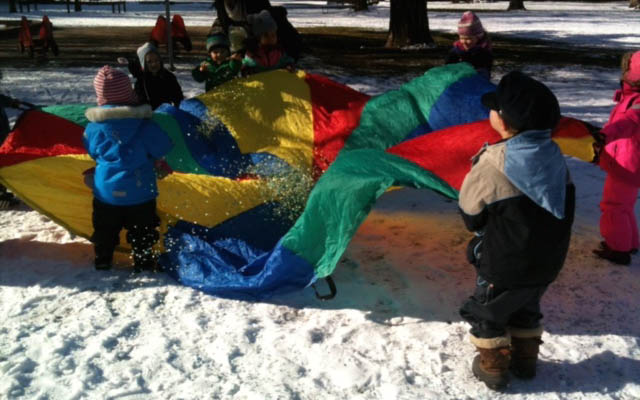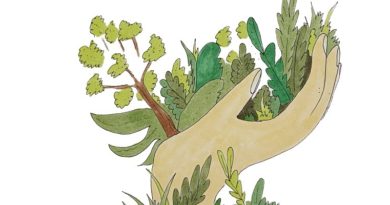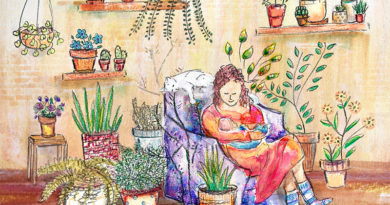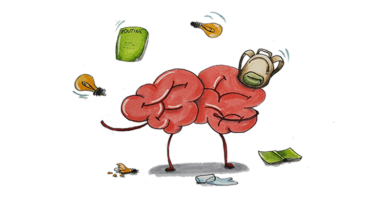Comedy and Control in the Classroom
Comedy is in the surprising; there is quirkiness and unpredictability in the lightness of humour. We laugh at an unexpected event, and therefore, it is undeniably funny to challenge authority.
Perhaps the tension required to keep on track with our serious adult lives needs a release, whereas children’s daily routines at school are designed to prevent this kind of adrenalin build-up. In places of learning, education is seldom associated with humour. Even though children report that they appreciate teachers who are relaxed enough to find a way to make them laugh in lessons without losing their authority, it seems to be a rare quality.
It is as if comedy and control are opposites; their audiences cannot have both. We live our ordinary lives oscillating between these two artificial domains, while teachers and stand-up comedians occupy either one or the other.
Teachers have to remain authority figures to maintain control in the classroom. They keep our children safe, and we agree not to undermine them. For this reason, it pays for parents to be wary sometimes of being drawn into casual chats about “good” and “bad” teachers that kids indulge in with their friends. It is a simple social formula that enables schools to be centres of learning, not of entertainment or play. It may be more appealing to think about learning through hilarious games or without teachers altogether – through travel or mind-expanding computer programmes – but in daily reality, supervision, sense and sensibility are values in any organised school environment.
Let’s reflect on why the authority of schools is such an important absolute even in these days of flattened hierarchies, democratic social change and respect for children’s views. Thinking about the general mirthlessness of schools brought me to think about the bad behaviour that results when teachers lose control or abdicate authority. The worst example of mutiny on the streets is groups running riot. That can happen in a school too. In fact, if you force any group together without creating a positive learning environment, people might abandon good citizenship and choose to rebel, indulging in base behaviour en masse, and gaining social power. Power in the present seems rewarding and devoid of responsibility when our ability to see into the future is limited. “Lowest-common-denominator behaviour” – following emotional drives and lacking the capacity to predict what is good for you – are typical of childhood. In William Golding’s Lord of the Flies, what is missing in most the children is essential maturity to regulate the power of their base emotions and instincts and to reconcile their immediate social needs with the obvious need to survive in the future by getting rescued. The children realise they need order, structure and some leadership roles in their mini new world on their island, but they have no perspective on the power of their aggressive instincts and do not manage to control them. In this book, removing adult authority figures has tragic rather than comic consequences.
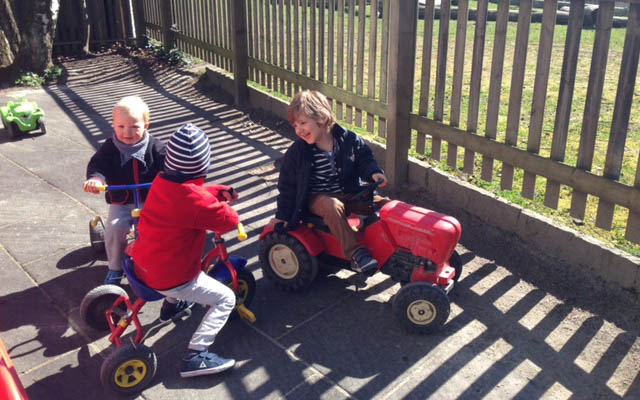
What a serious place I have reached while intending to write about humour! “Mum!” my son says, “Do you have to write an essay about it?!” Challenging authority need not be such a big deal, and this is a good time of year to remember that. February’s Carnival season is traditionally a time when we indulge in our collective need to temporarily undermine power relationships, enjoying the funny side of life.
To some extent this is true at school. Topsy-turvy moments in which children know more than adults are relished, provided they do not happen too often! Surprising reversals of power are only funny to children if the normal hierarchical order is reasserted soon afterwards, just as we adults celebrate Carnival to channel our need to behave differently or be “out of control,” but only for a limited time.
What is more, I remember conversations with small children who do not yet know what “funny” means. Comedy is at least partly cultural, and it has to be learnt. I have introduced little kids to something I find funny and it is as if to them the whole concept is unknown; it takes a long time to get children to share a joke! To the very young, funny often seems only to mean peculiar – unexpected events are strange, unusual, or unfamiliar, and they might take some time to decide if they even understand what there is to laugh at.
I have a different take on what is funny in school life. Although school is a serious business, every individual in a school has his or her own sense of humour. Young children can be so rooted in their sense of what is normal to them, that anything new they learn or experience might be a source of amusement. In fact, the natural bubbliness of young children perfectly matches the effervescence of humour in general. In other words, life in an Early Years Centre offers a non-stop series of laughs, provided you see the world through a child’s eyes.
We only miss the intrinsic comedy of daily life at school because we are looking at education from an adult perspective. Once we get onto the children’s wavelength, there is potential for humour at any moment, and that comes from the emotional nature of a child’s life. We can spot it as soon as we stop talking, start listening and notice how much children smile and laugh at each other. The minute a child stumbles across something that strikes them as funny and shares their perspective, whether through eye contact or words, the atmosphere changes. We simply have to accept that students are more likely to bring humour into schools than adults are!
By Monica Shah
Monica Shah moved to Switzerland in 2002 during maternity leave from her job as head of a counselling centre in London, and like many of us has never gone back! In the UK she organised training for teachers in clusters of schools, as well as anti-bullying projects. She went on to write a book advocating strategies for good home-school relations and then worked in Bern as assistant head of Da Vinci school before coming to Zurich in 2005. In 2006 Monica founded Children First, an early years centre with an international kindergarten. E-mail her at: contact@childrenfirst.ch
Photos by Diana Kübler from Children First.

